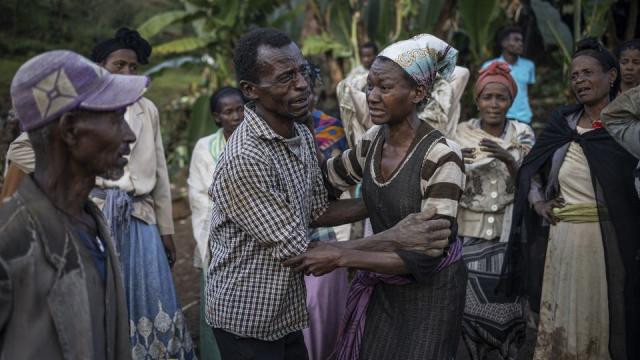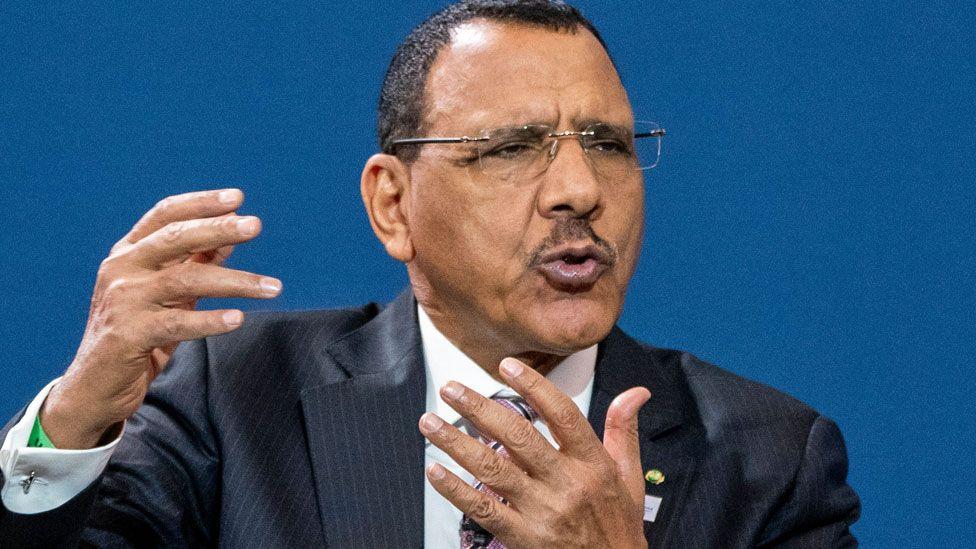
Uganda’s President Yoweri Museveni has prohibited the import of secondhand clothing into the East African nation, asserting that it hampers the growth of domestic textile sectors and that these garments previously belonged to deceased Western individuals.
Similar to many African nations, Uganda has conventionally imported substantial quantities of secondhand clothing, which some consumers opt for due to its affordability.
However, domestic manufacturers voice concerns that the influx of secondhand clothing inundates the market, thereby eroding Uganda’s capacity to advance within the value chain of the cotton and textile industry.
“They are for dead people. When a White person dies, they gather their clothes and send them to Africa,” Museveni said on Friday.
Around 70% of donated clothing in Europe and the United States is eventually sent to Africa, as reported by the British charity Oxfam. Reuters could not immediately verify the exact proportion of donated clothing originating from individuals who had passed away.
During the groundbreaking event for nine factories in the Sino-Uganda Mbale Industrial Park in Mbale city, President Museveni remarked, “We have people here who produce new clothes but they cannot infiltrate the market.”
Uganda holds a notable position as a cotton producer, although a substantial portion is exported in a semi-processed state. According to Uganda’s central bank, the value of cotton exports has ranged from $26 million to $76 million annually in the decade leading up to 2022.
In 2016, the East African Community, a regional economic alliance of which Uganda is a part, reached a consensus on implementing a full prohibition of used clothing imports by 2019. However, Rwanda emerged as the sole nation within the group to enforce this ban.
Consequently, in 2018, the United States suspended Rwanda’s privilege to export clothing to the U.S. without duties, which was one of the advantages granted under the African Growth and Opportunity Act (AGOA), a program providing tariff and quota exemptions.
The U.S. embassy in Kampala has not yet provided a response to an email request for comment.
Museveni indicated that the prohibition would also encompass electricity meters and electric cables, asserting that these items should be procured from local factories in Uganda.




